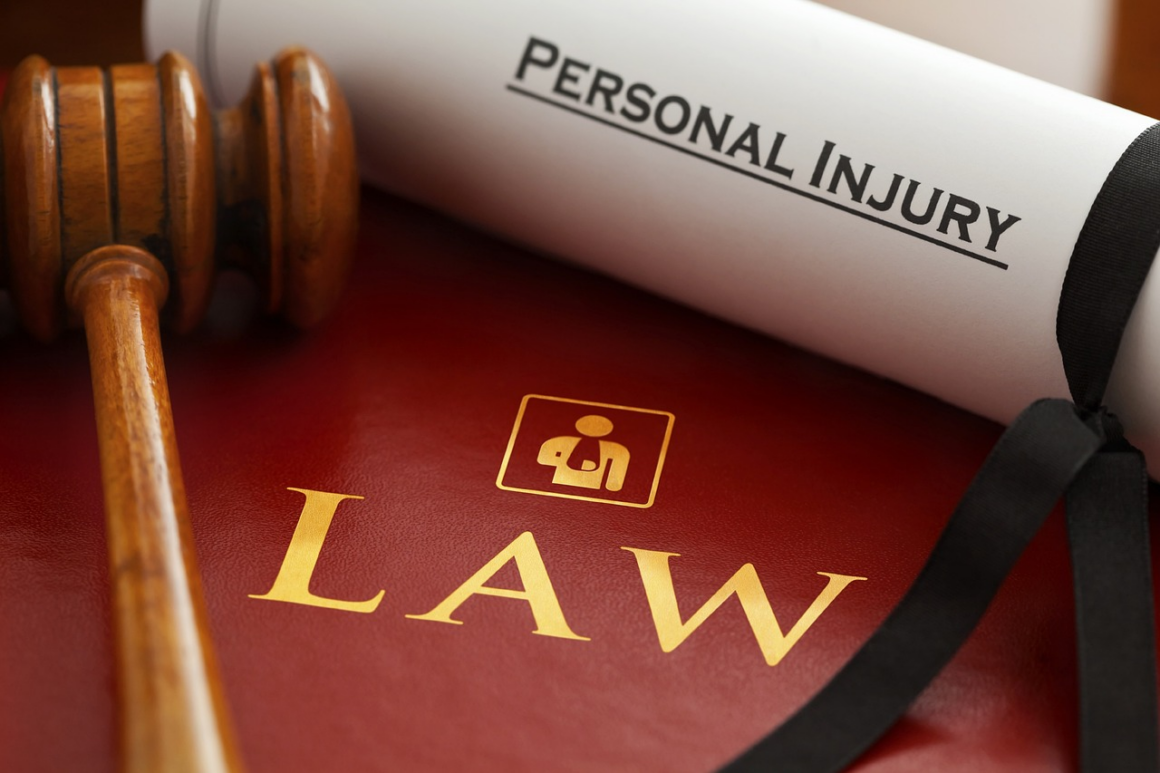Injuries can be both physically and emotionally challenging, often leaving you feeling overwhelmed and uncertain about your next steps. Understanding your legal rights and options is crucial to navigating this complex landscape. This comprehensive guide will provide you with essential knowledge on handling injuries, whether they occur at work, in an accident, or due to negligence of deals and discounts. To effectively handle your injury case, it’s important to better understand injury laws in California and how they apply to your situation. Equip yourself with the information you need to advocate for your well-being and secure the compensation you deserve.
Consult with a Lawyer
Dealing with injuries from a legal standpoint involves several crucial steps to ensure your rights are protected and you obtain the compensation you may be entitled to. Firstly, seeking medical attention should be your immediate priority — documenting your injuries through medical reports and records is essential. Next, gather evidence related to the incident, including photographs, witness statements, and any relevant accident reports. It’s also important to keep detailed records of all your expenses, including medical bills and lost wages, as this information will support your case for compensation.
After taking these initial steps, consulting with a qualified personal injury lawyer is vital. Experienced personal injury lawyers can help you navigate the legal process, advise you on your rights, and assist in negotiating with insurance companies. Filing a claim within the appropriate time frame is critical, as many jurisdictions have statutes of limitations that limit the time you have to pursue legal action.
Seek Medical Attention
Seeking medical attention after an injury is not only vital for your physical recovery but also essential for establishing a legal case. Obtaining prompt medical care ensures that your injuries are properly assessed and documented, providing crucial evidence to support your claim. Medical records serve as key documentation demonstrating the extent of your injuries and the treatment received, which can significantly impact the compensation you may receive.
When seeking medical attention, ensure you visit a healthcare professional as soon as possible. Explain the circumstances of your injury thoroughly to receive an accurate diagnosis and comprehensive treatment plan. Follow all recommended treatments and maintain detailed records of appointments and expenses. This documentation will be invaluable when building your case and negotiating with insurance companies, ensuring that your rights and well-being are prioritized throughout the legal process.
Report the Incident
Reporting the incident creates an official record that can substantiate your claim. Promptly reporting the event to the relevant authorities not only helps to document the facts surrounding the incident but also ensures that there is a clear timeline of events. This documentation can be crucial in establishing liability and supporting your case in legal proceedings.

To report the incident effectively, start by notifying your employer, if applicable, or local authorities, depending on the context of the injury. Provide a detailed account of what occurred, including dates, times, locations, and any witnesses present. Follow up by obtaining a copy of the incident report for your records. If the injury relates to a vehicle accident, ensure a police report is filed and secured. This evidence will be invaluable as you seek to protect your rights and pursue any potential compensation.
Document Everything
Proper and precise documentation is vital when dealing with injuries from a legal perspective. From the moment an injury occurs, keep detailed records of all relevant information and documents. This includes the following:
- Incident details
- Injury documentation
- Medical records
- Witness information
- Police/incident reports
- Communication records
- Employment records
- Insurance information
- Receipts and bills
- Pain and suffering documentation
- Legal correspondence
Accurate records establish the timeline of events, detail the extent of your injuries, and support any medical treatments you received. This information is vital in proving liability and demonstrating the impact of the injury on your life.
Comprehensive documentation, including incident reports, medical records, and correspondence with insurance companies, strengthens your case and can significantly affect the settlement amount. Ultimately, thorough documentation ensures that you have a solid basis for advocating for your rights and obtaining the compensation you deserve.
Secure Witnesses
Witnesses can provide impartial accounts of the incident, lending credibility to your case. Their testimonials can help establish the sequence of events, identify responsible parties, and validate the circumstances surrounding the injury. This firsthand evidence is invaluable in disputes regarding liability and can significantly influence the outcome of any legal proceedings or negotiations for compensation.

To secure witnesses effectively, it’s essential to gather their contact information immediately after the incident occurs. Approach individuals present at the scene and politely ask if they’d be willing to provide a statement about what they witnessed. Offering to collect their account in written form can be beneficial. Further, consider following up with a phone call or email to thank them for their cooperation and reinforce the importance of their testimony. Maintaining open communication ensures they remain willing to support your case throughout the legal process.
Notify your Insurance Company
Notifying your insurance company promptly after an injury is crucial for several reasons. First, they can guide you through the claims process and inform you about your coverage, ensuring you receive any benefits you are entitled to. This communication can also protect you from potential disputes regarding liability and support your compensation claim.
To inform your insurance company, contact them as soon as possible, providing details about the incident, your injuries, and any medical care received. Be prepared to supply the necessary documentation, such as medical reports and incident details, to expedite the claims process. This is essential for navigating the complex legal landscape and securing the financial assistance you need for recovery.
File a Claim
A personal injury claim allows you to seek compensation for the damages incurred, including medical expenses, lost wages, and pain and suffering. This claim holds the responsible parties accountable and ensures that you receive the financial support needed for recovery.
To file a personal injury claim, begin by gathering all relevant documentation, such as medical records, incident reports, and evidence supporting your case. Next, consult with a qualified personal injury lawyer who can guide you through the legal process, helping you determine the claim’s viability. Once prepared, submit your claim to the appropriate insurance company, ensuring all documentation is complete and accurately reflects your losses. Timely filing within the statutory limits is crucial to preserving your rights.
In conclusion, navigating the aftermath of an injury can be daunting, but understanding your legal rights empowers you to take control of your situation. By consulting with a lawyer, documenting everything, and following the necessary steps, you can advocate for your well-being and pursue the compensation you deserve. Remember, prioritizing your health and staying informed will significantly lighten the burden as you embark on your path to recovery.


